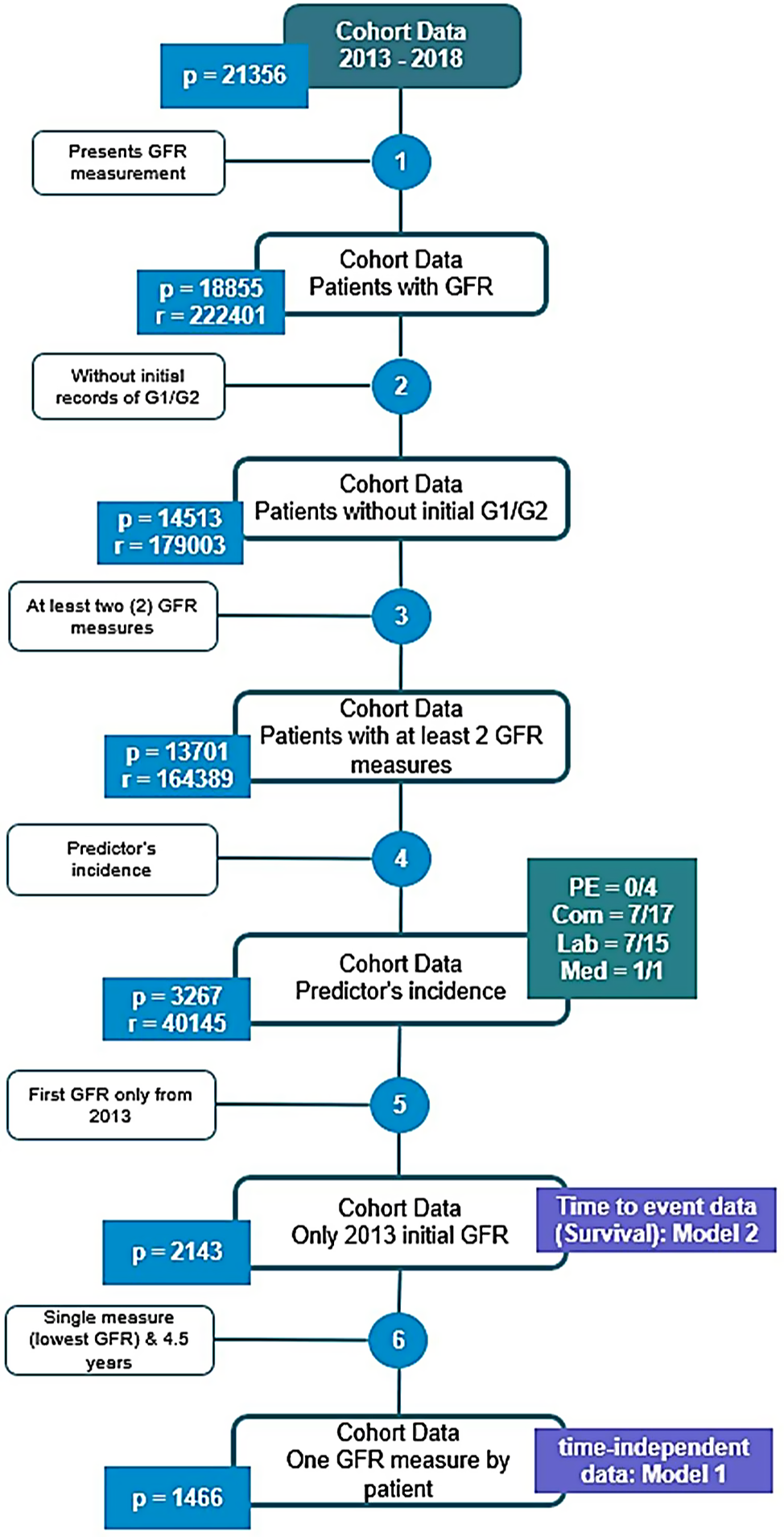Overview
Chronic kidney disease (CKD) is a serious health issue characterized by a gradual decline in kidney function, potentially leading to end-stage renal disease (ESRD). The global prevalence of CKD is estimated to be between 8% and 16%, with 5% to 10% of diagnosed individuals progressing to ESRD, highlighting the need for improved management strategies.
Research Findings
A recent study conducted by researchers at Carnegie Mellon University utilized machine learning and deep learning models, along with explainable artificial intelligence (AI), to analyze integrated clinical and claims data. The objective was to enhance the prediction of CKD progression to ESRD. Key findings include:
- The integrated models demonstrated superior performance compared to models using single data sources.
- Utilizing data from over 10,000 CKD patients from 2009 to 2018, the study evaluated various statistical and machine learning models.
- A 24-month observation window was identified as optimal for balancing early detection and prediction accuracy.
- The study’s findings were published in the Journal of the American Medical Informatics Association.
Implications for Healthcare
According to Rema Padman, the study’s lead author, the framework developed can significantly improve clinical decision-making by integrating multisourced data and advanced analytics. Future research aims to expand this framework to other chronic diseases.
Economic Impact
The economic burden of CKD is substantial, particularly as a small percentage of Medicare CKD patients account for a large share of healthcare costs. Additionally, over one-third of ESRD patients experience readmission within 30 days of discharge, emphasizing the importance of early detection and effective management strategies.
Study Limitations
The authors noted that the reliance on data from a single institution may limit the generalizability of their model to other healthcare settings. Furthermore, potential biases may arise from the use of electronic health records, which can lead to incomplete data and underrepresentation of certain patient demographics.
Conclusion
This study represents a significant advancement in the use of AI for predicting CKD progression, offering a promising approach to enhance patient outcomes and reduce healthcare disparities.
